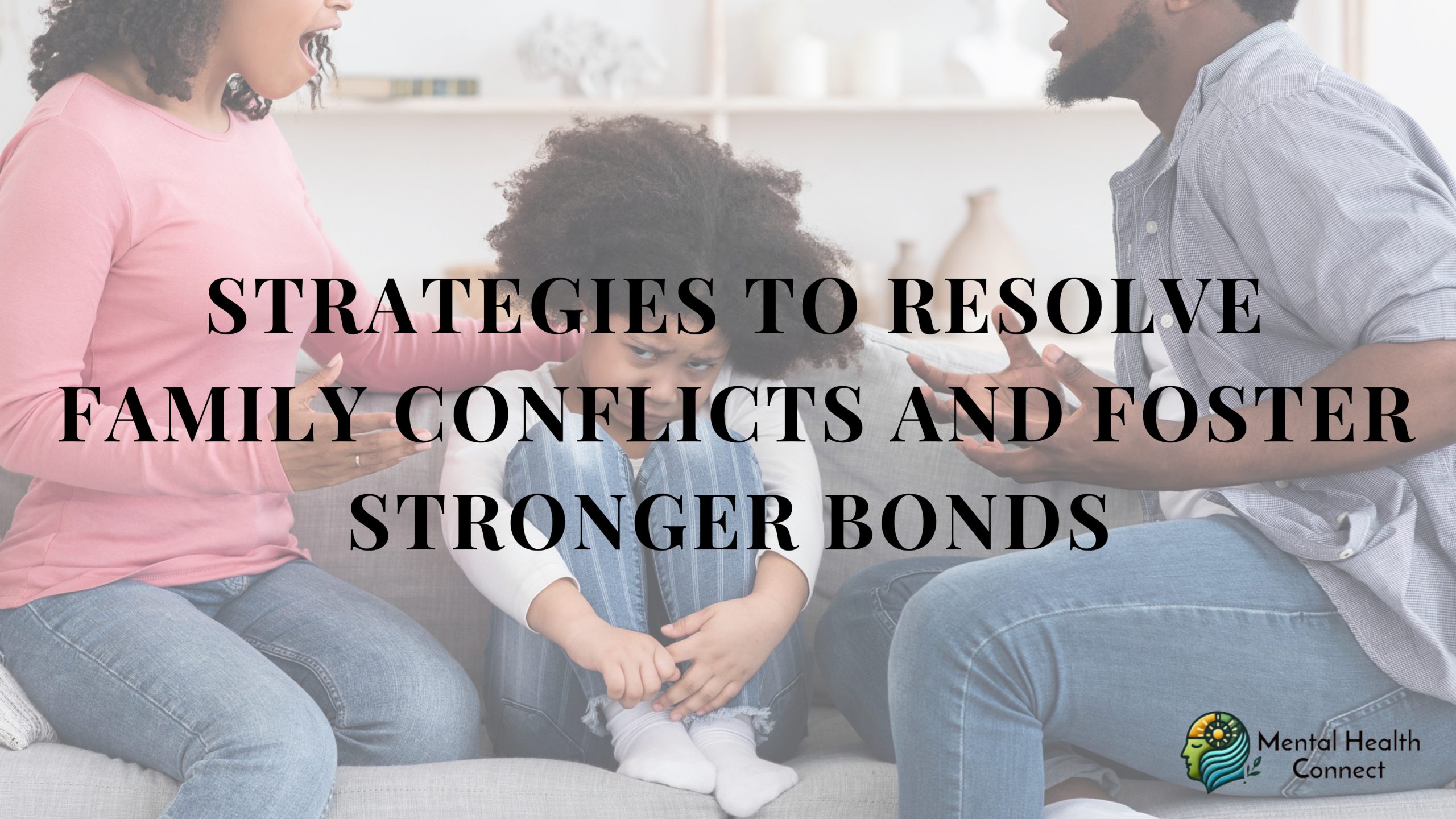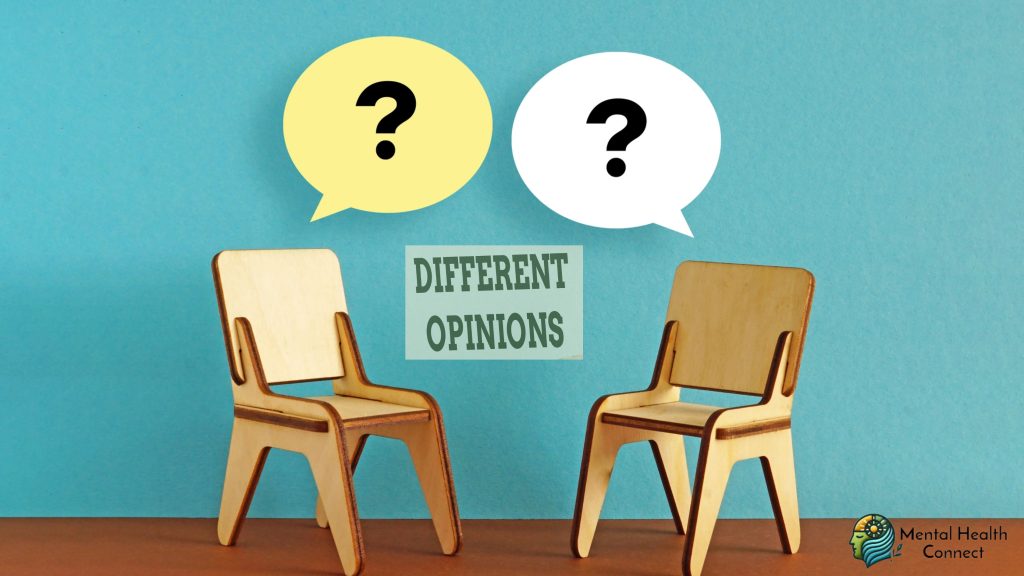“Strategies to Resolve Family Conflicts and Foster Stronger Bonds”

Family is the cornerstone of emotional support and personal growth, but even the strongest families face challenges. Learning how to overcome family issues is essential for keeping harmony and fostering deeper connections. From conflicts over communication to misunderstandings about expectations, family problems can evaluate relationships. Fortunately, with the right strategies, it’s possible to resolve these issues and build stronger, healthier bonds that stand the test of time.
Understanding Family Issues
Family issues encompass a wide range of conflicts and challenges that arise within familial relationships. These may stem from personality differences, financial pressures, miscommunication, or deeply rooted grievances. For instance, a simple disagreement about parenting styles can escalate into a larger conflict if left unaddressed. Recognizing the root causes of these issues is the first step toward resolving them effectively.
Why Resolving Family Conflicts Matters

Unresolved family issues can lead to emotional strain, resentment, and a breakdown in relationships. Addressing these challenges not only strengthens family bonds but also sets a positive example for younger generations. A family environment built on understanding and support fosters emotional well-being and personal growth for everyone involved.
Key Takeaways:
- Strengthened emotional connections within the family.
- Reduced long-term resentment and misunderstandings.
- Improved overall mental health for family members.
Practical Steps to Overcome Family Issues

1. Practice Open and Honest Communication
Strong family relationships are built on the cornerstone of effective communication. Encourage every family member to express their thoughts and feelings without fear of judgment. Active listening—truly hearing and understanding the speaker—is key to resolving misunderstandings.
- Schedule regular family meetings to discuss concerns openly.
- Avoid interrupting or dismissing others’ viewpoints.
2. Set Clear Boundaries and Expectations
Boundaries are essential for supporting mutual respect within a family. Establishing well-defined roles and responsibilities minimizes misunderstandings and reduces potential conflicts. For example, setting rules about chores, finances, and personal space ensures that everyone’s needs are respected.
- Discuss household responsibilities openly.
- Respect individual boundaries and personal time.
- Revisit expectations regularly to adapt to changing circumstances.
3. Resolve Conflicts Through Compromise
Conflicts are a natural part of any relationship, but they don’t have to harm the family dynamic. Focus on finding solutions that help everyone, rather than trying to “win” the argument. Stay calm during discussions and be willing to meet halfway.
- Avoid bringing up past grievances during arguments.
· Pause the discussion if emotions escalate and return to the topic once everyone has calmed down.
- Seek compromises that reflect fairness and respect.
4. Strengthen Emotional Bonds

Spending quality time together is one of the simplest yet most effective ways to strengthen family relationships. Whether it’s a game night, a family outing, or simply sharing a meal, these moments foster trust and connection.
- Plan weekly family activities or traditions.
- Celebrate achievements and milestones together.
- Show appreciation for each other’s efforts and contributions.
5. Seek Professional Help if Needed
Sometimes, family issues require external support to resolve. Family therapy or counselling provides a safe space to address unresolved conflicts and improve communication. A trained therapist can offer objective insights and strategies tailored to your family’s unique needs.
- Look for licensed family therapists with experience in similar issues.
- Attend sessions together to work on collective solutions.
- Be open to feedback and committed to the process.
Best Practices for Strengthening Family Relationships

- Show Gratitude and Appreciation: Acknowledge each other’s efforts regularly.
- Celebrate Together: Mark important occasions, big or small, to build shared memories.
- Keep Traditions Alive: From holiday rituals to regular dinners, traditions create a sense of belonging.
- Emphasize Empathy: Try to understand each other’s perspectives before reacting.
Common Mistakes and How to Avoid Them
- Avoid Ignoring Problems: Small issues can escalate if left unaddressed. Tackle them early for easier resolution.
- Stop the Blame Game: Focus on solutions rather than pointing fingers.
- Don’t Neglect Communication: Regular check-ins ensure everyone feels heard and valued.
FAQ Section
Q: What are some signs of unresolved family issues?
A: Common signs include frequent arguments, emotional withdrawal, and lack of communication.
Q: How can professional counselling help?
A: Counselling provides objective guidance and tools to address complex family dynamics effectively.
Q: Is it normal for families to have conflicts?
A: Yes, conflicts are a natural part of family life. What matters is how they’re managed and resolved.
Q: How can parents’ model healthy conflict resolution for children?
A: By staying calm during disagreements, listening actively, and finding fair solutions, parents can set a positive example.
Q: Can unresolved family issues affect mental health?
A: Yes, persistent conflicts can lead to stress, anxiety, and even depression over time.



Leave a Reply